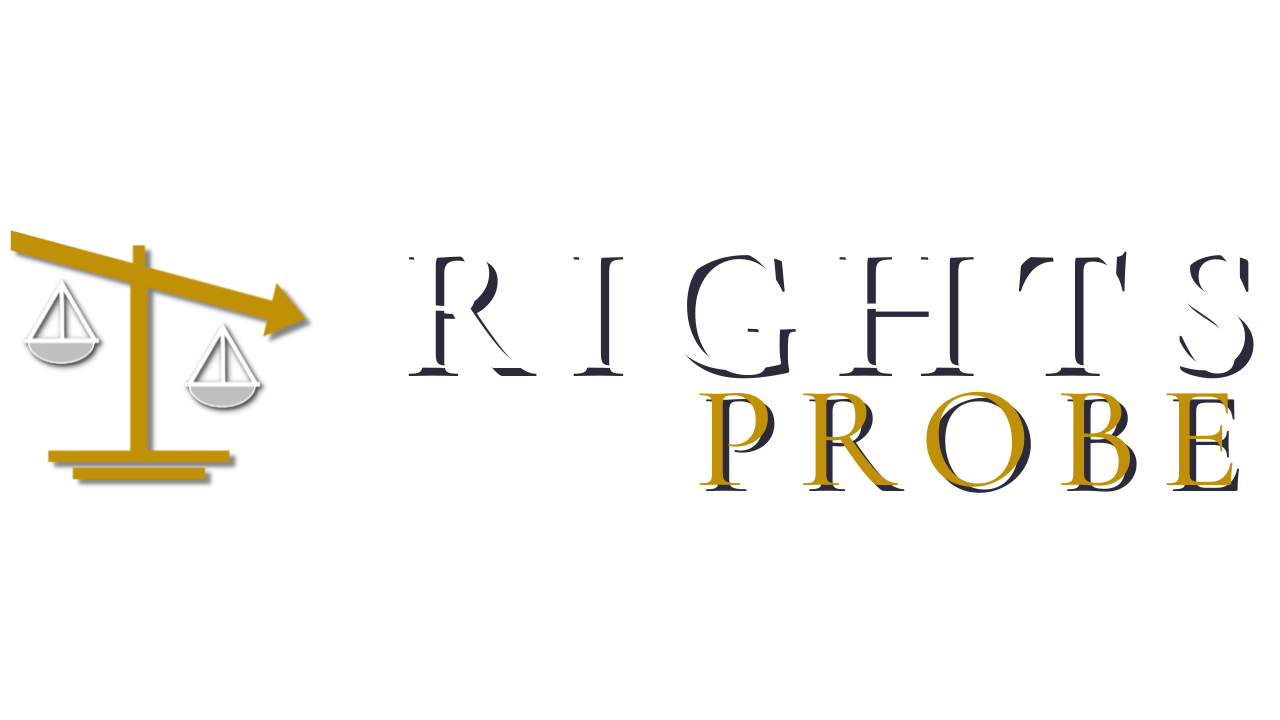Who is the deep state and is it in Canada?
Who's really controlling our society? Bruce Pardy, a professor of law at Queen's University and executive director of Rights Probe, looks at why our legal system is not working the way it should with the host of Leaders on the Frontier, David Leis.
Canada's legal system currently mirrors that of many other Western countries: a system caught in a battle people largely can't see between two different paradigms, or ideologies. The older paradigm, explains Bruce, is what we call "the rule of law". The newer paradigm is one in which law has become an instrument of states to manage society, referred to as "rule by law". These labels are almost identical but the difference between them is profound.
A rule of law system is one in which the state is restrained in what it does. The people who govern us are also subject to the same rules as everybody else; laws that are general, abstract, and certain. A situation David Leis summarizes as "a government of laws, not of men," as per the famous statement by political philosopher John Adams.
A rule by law landscape, and our current reality, is one governed by rules made by the executive branch and not the legislature. These rules are deliberately agile, made by an agile government, which is the aspiration of the "managerial idea," says Bruce. An agility that permits governments to "have their hands on everything" and to be able to "change rules as they go" without being subject to those rules — rules which, if they don't like them, they can change.
Bruce continues:
"All we have ever done since the Magna Carta is move power around from one institution to the other one, thinking that we're creating checks and balances (and that worked for a while). But what's happening today is that those checks and balances, all those branches of the state, are more or less on the same page and working together. Instead of being in constant conflict and checking and balancing each other, they're cooperating, and believing in the same thing, which is that the state should manage society."
In other words, the executive branch has grown into the administrative state. Some make the case that the executive has grown into a third and fourth branch: a deep state.
The deep state, says Bruce, is "used to denote a situation where you've got people in power making decisions that are not subject to democratic controls," and are "only subject to judicial control if and when the courts decide that they've overstepped their boundaries." In the modern era, says Bruce, the judicial tendency is to defer to the expertise of the technocracy. Bruce defines the problem further.
Although the rule of law is "a fabulous idea, it is still just an idea," notes Bruce. "And it only works to control those who govern if those people believe in the idea. Right now, they do not."
Listen in for the entire exchange and for Bruce's recommendations on what we can do to change our current state of "uncontrollable permanent bureaucracy".
